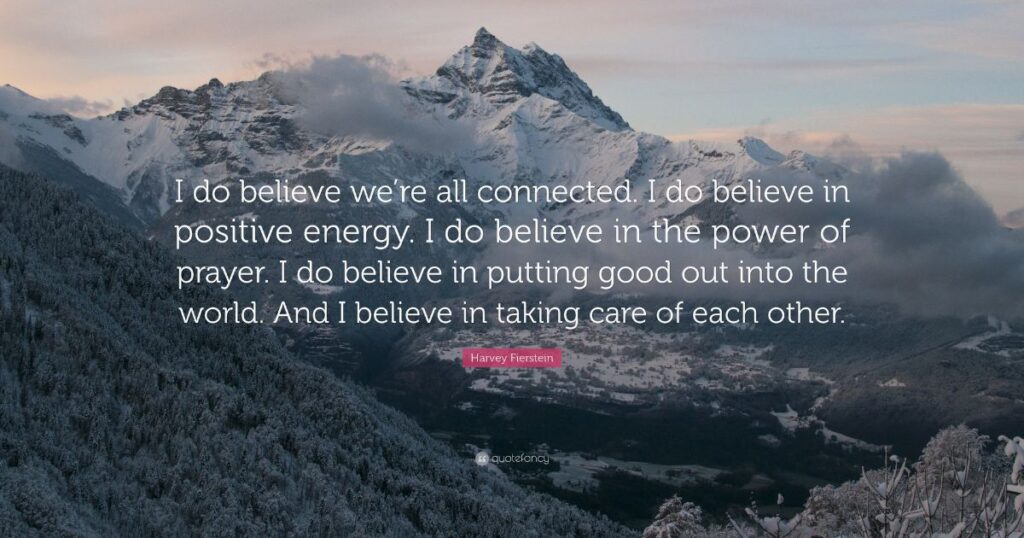We’ve all been exposed to countless romantic movies, novels, and songs that portray love as a perfect, flawless union between two idealized partners. However, the reality is that every person is imperfect, with their own quirks, baggage, and growth areas.
A true relationship is not about finding a perfect partner, but about two imperfect people refusing to give up on each other. It’s about embracing those imperfections, communicating openly, and growing together through life’s inevitable challenges.
Imperfections In Relationships: Why They Are Inevitable
No matter how compatible two people may seem initially, imperfections in a relationship are unavoidable. We are all human beings with insecurities, flaws, and areas for improvement. Some common imperfections that can arise in relationships include:
- Poor communication skills
- Differing love languages or ways of expressing affection
- Unresolved personal baggage or past traumas
- Contrasting values, beliefs, or life goals
Rather than viewing these imperfections as dealbreakers, it’s important to accept that no one is perfect, and that every relationship will require work and compromise. By setting realistic expectations and understanding that imperfections are normal, couples can approach their relationship with more patience, empathy, and a willingness to grow together.
The Importance Of Acceptance And Communication In A Relationship

One of the keys to overcoming imperfections in a relationship is radical acceptance of your partner’s flaws. This doesn’t mean resigning yourself to mistreatment or toxic behavior, but rather recognizing that your partner is a unique individual with their own quirks and growth areas, just like you. Instead of trying to “fix” or change them, focus on appreciating and accepting the qualities that make them who they are.
Open and honest communication is also crucial. Create a safe space where both partners feel comfortable expressing their needs, boundaries, and perspectives without fear of judgement or criticism. This allows you to work through issues together, find compromises, and deepen your understanding of one another.
“When we accept ourselves, we can accept others too.” – Brené Brown
Overcoming Challenges And Growing Together As Imperfect Individuals
No matter how strong your relationship, conflicts and growing pains are inevitable. It’s how you navigate these challenges that defines the strength of your bond. Rather than viewing them as threats, see them as opportunities to understand each other better, compromise, and grow together.
Here are some common challenges that couples face, and constructive ways to approach them:
Trust Issues
- Communicate openly about fears and insecurities
- Consistently show reliability and emotional safety
- Seek counseling if needed to work through deeper traumas
Differing Life Goals
- Have open discussions about your long-term visions
- Find ways to support each other’s dreams and make compromises
- Remember that goals can evolve over time
Financial Disagreements
- Discuss financial values, budgets, and long-term goals
- Seek advice from a financial planner if needed
- Compromise and find a middle ground that works for both
Intimacy Problems
- Communicate desires and boundaries openly, without judgement
- Explore each other’s love languages and ways to connect
- Seek counseling if deeper issues are present
The key is to approach these challenges with empathy, a willingness to compromise, and a commitment to growing together.
Cultivating Trust, Respect, And Understanding In A Relationship

At the core of any strong relationship is a foundation of trust, respect, and deep understanding. Trust involves being reliable, loyal, and emotionally safe for your partner. It means showing up for them and following through on your commitments, even when it’s difficult.
Respect means valuing each other’s differences, boundaries, and individual identities. It’s about supporting each other’s growth and never trying to change or control your partner.
True understanding comes from making a consistent effort to deeply know your partner’s fears, dreams, perspectives, and what makes them who they are. This allows you to navigate conflicts with more empathy and appreciation for where the other person is coming from.
When you build this foundation of trust, respect, and understanding, your unique imperfections can complement each other rather than clash. You can create a safe, loving space where you both feel free to be yourselves without judgement.
Conclusion
Accepting imperfection in a relationship doesn’t mean settling for mistreatment or toxic patterns. It means recognizing that every person has growth areas, and that a truly strong bond comes from two people committed to growing together through life’s challenges.
By embracing each other’s flaws with empathy and compassion, communicating openly, and cultivating trust and understanding, imperfect partners can build an authentic connection that only deepens over time. It’s about choosing to love someone for who they are, quirks and all, and supporting each other on the journey of becoming the best versions of yourselves.
As the renowned poet Rumi once said, “Your task is not to seek for love, but merely to seek and find all the barriers within yourself that you have built against it.” In a world that often glorifies unattainable perfection, choosing to love through imperfection is one of the bravest and most rewarding paths we can take.
Also Read this Blog : Sigmond Galloway Biography, Age, Height, And More

Welcom to https://birdsaboutinfo.com. Our content is for general information purposes. While we aim for accuracy, use it at your own risk. Seek professional advice for specific concerns. We’re not responsible for external links or the outcome of using our information. Some content may contain affiliate links. We may update this Disclaimer.











